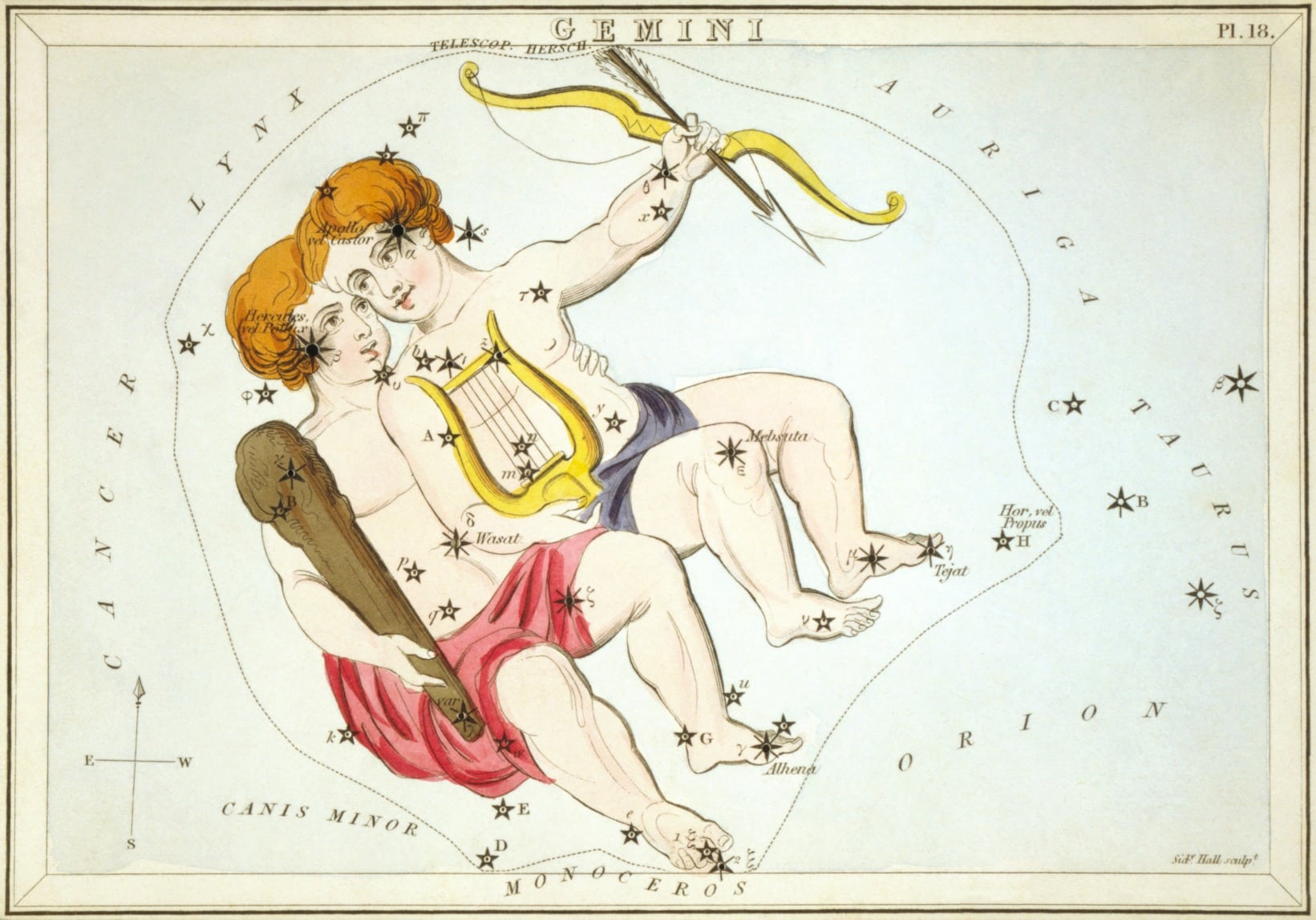The Prodigal Son, also known as the Lost Son, is one of the best known parables of Jesus. It appears only in the Gospel of Luke in the New Testament of the Bible (Luke 15:11-32). It is the third and final member of a trilogy, following the Parable of the Lost Sheep and the Parable of the Lost Coin.
The parable begins with a young man, the younger of two sons, who asks his father to give him his share of the estate. The parable continues by describing how the younger son travels to a distant country and wastes all his money in wild living. When a famine strikes, he becomes desperately poor and is forced to take work as a swineherd. When he reaches the point of envying the pigs he is looking after, he finally comes to his senses:
“How many of my father’s hired men have food to spare, and here I am starving to death! I will set out and go back to my father and say to him: Father, I have sinned against heaven and against you. I am no longer worthy to be called your son; make me like one of your hired men.’
“So he got up and went to his father. But while he was still a long way off, his father saw him and was filled with compassion for him; he ran to his son, threw his arms around him and kissed him.”
– Luke 15:17-20, NIV
The son does not even have time to finish his rehearsed speech, since the father calls for his servants to dress him in a fine robe, a ring, and sandals, and slaughter the “fattened calf” for a celebratory meal. The older son, who was at work in the fields, hears the sound of celebration, and is told about the return of his younger brother. He is not impressed, and becomes angry:
“Look! All these years I’ve been slaving for you and never disobeyed your orders. Yet you never gave me even a young goat so I could celebrate with my friends. But when this son of yours who has squandered your property with prostitutes comes home, you kill the fattened calf for him!'”
– Luke 15:29-30, NIVThe parable concludes with the father explaining that because the younger son had returned, in a sense, from the dead, celebration was necessary:
“But we had to celebrate and be glad, because this brother of yours was dead and is alive again; he was lost and is found.’ “
– Luke 15:32, NIVThis is the last of three parables about loss and redemption, following the parable of the Lost Sheep and the parable of the Lost Coin, that Jesus tells after the Pharisees and religious leaders accuse him of welcoming and eating with “sinners.” The father’s joy described in the parable reflects divine love, the “boundless mercy of God,” and “God’s refusal to limit the measure of his grace.”
The request of the younger son for his share of the inheritance is “brash, even insolent” and “tantamount to wishing that the father were dead.”
His actions do not lead to success, and he eventually becomes an indentured servant, with the degrading job (for a Jew) of looking after pigs, and even envying them for the carob pods they eat. On his return, the father treats him with a generosity far more than he has a right to expect.
The older son, in contrast, seems to think in terms of “law, merit, and reward,” rather than “love and graciousness.” He may represent the Pharisees who were criticizing Jesus.



4 thoughts on “The Prodigal Son”
Oh I feel so little when I visit this place. So much to learn. It seems as if I’ve spent half my life reading through technical programming language manuals and I’ve overlooked the essential truths.
I’ve been aware of the parable since I was a kid, but never until now did I know there was a similar Buddhist one.
I will read it and come back with what I’ve gathered from it.
Thank you for enabling it to happen.
What a great song… Never heard of this guy before. Great find!
Hey – I am really happy to find this. great job!
Man, this music is awesome!